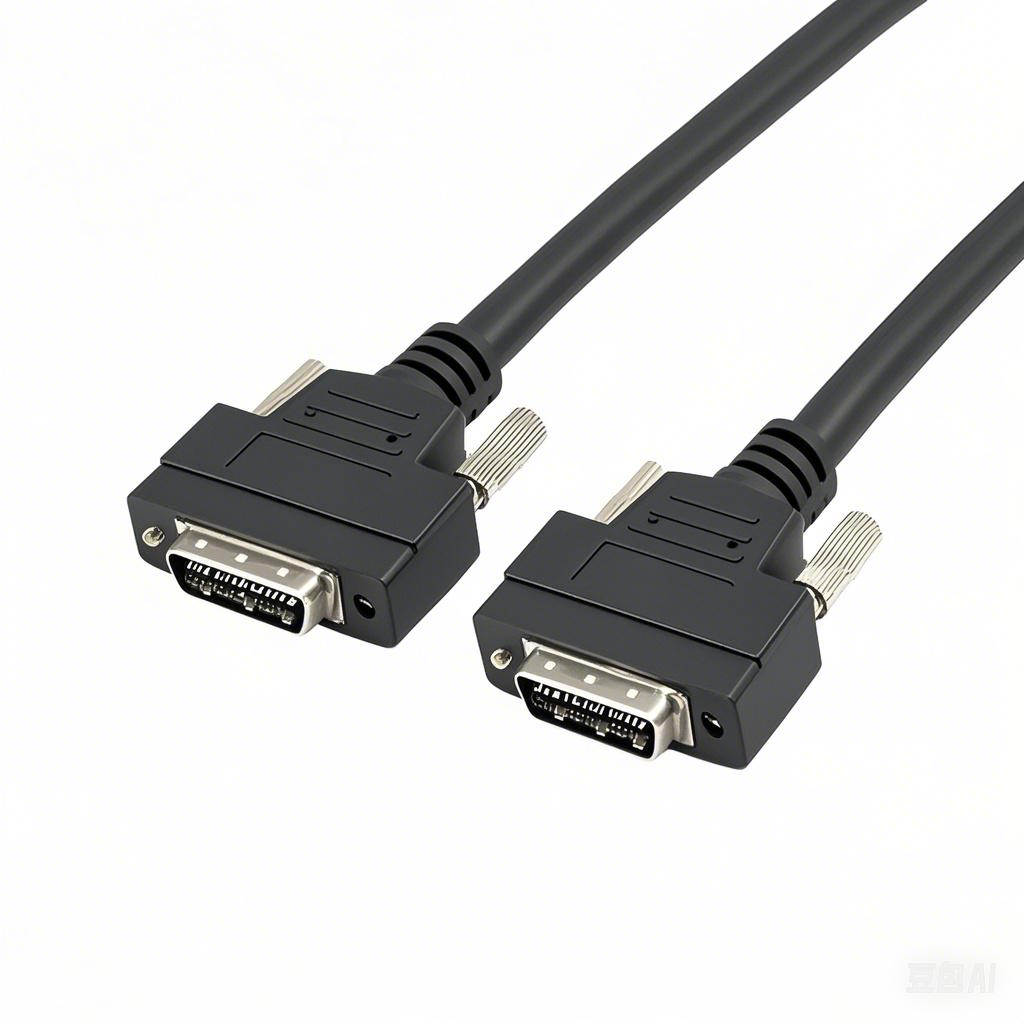Can machine cable be used in agricultural machinery
The question of whether machine cables can be used in agricultural machinery does not have a simple “yes” or “no” answer. It depends on whether the performance characteristics of the machine cable match the specific operating conditions and functional requirements of agricultural equipment. Agricultural machinery operates in harsh and complex environments, and its cables face unique challenges that ordinary industrial machine cables may not fully address. However, with targeted selection and adaptation, certain types of machine cables can indeed serve agricultural machinery effectively.
Key Requirements for Cables in Agricultural Machinery
To determine if a machine cable is suitable for agricultural use, it is first necessary to understand the stringent demands that agricultural machinery places on its cables:
- Weather Resistance: Agricultural machinery works outdoors year-round, exposed to extreme temperatures ranging from freezing winters to scorching summers. Cables must withstand temperature fluctuations between -40°C and 85°C without losing flexibility or insulating properties. Additionally, they need to resist UV radiation, rain, snow, and humidity to prevent degradation of the sheath and insulation over time.
- Chemical Resistance: Farm environments are filled with various chemicals, including fertilizers, pesticides, engine oil, and diesel fuel. Cables must be resistant to these corrosive substances to avoid sheath swelling, cracking, or breakdown, which could lead to short circuits or electrical failures.
- Mechanical Durability: Agricultural equipment often operates in rough terrain, leading to frequent vibrations, impacts, and abrasions. Cables may come into contact with soil, stones, or other hard objects, so they need a tough outer sheath (such as PVC or TPE) that can resist wear, tear, and mechanical damage. They must also have good tensile strength to avoid stretching or breaking during machine operation or maintenance.
- Flexibility and Bend Resistance: Many agricultural machines, such as harvesters, sprayers, and loaders, have moving parts that require cables to bend repeatedly. Cables must maintain flexibility even after thousands of bending cycles to prevent conductor fatigue and insulation cracking. This is particularly critical for cables used in articulating joints or folding components of the machinery.
Critical Considerations for Using Machine Cables in Agricultural Machinery
When evaluating machine cables for agricultural applications, the following factors must be carefully assessed:
- Voltage and Current Ratings: Agricultural machinery includes both low-voltage control systems (e.g., for sensors and actuators) and high-voltage power systems (e.g., for motors and engines). The machine cable must have voltage and current ratings that match the specific circuit it will be used in. Using a cable with insufficient ratings can lead to overheating, insulation melting, and even fire hazards.
- Insulation and Sheath Materials: Ordinary machine cables may use insulation or sheath materials that are not optimized for agricultural environments. For example, cables with neoprene sheaths may not be as resistant to UV radiation as those with EPDM or TPE sheaths. It is essential to select machine cables with materials that meet the weather, chemical, and mechanical resistance requirements of agricultural use.
- Shielding Requirements: Modern agricultural machinery is increasingly equipped with electronic control units (ECUs), GPS systems, and precision sensors. These sensitive electronic components are susceptible to electromagnetic interference (EMI) from nearby power cables or external sources. Machine cables used in these systems may need shielding (such as braided copper shielding or foil shielding) to minimize EMI and ensure accurate signal transmission.
Recommendations for Adapting Machine Cables to Agricultural Machinery
If you intend to use machine cables in agricultural machinery, follow these recommendations to ensure reliability and safety:
1. Conduct a thorough assessment of the application environment, including temperature range, chemical exposure, mechanical stress, and EMI sources. This will help you select machine cables with the appropriate performance specifications.
2. Prioritize machine cables that meet agricultural industry standards, such as ISO 14572 (for cables used in agricultural and forestry machinery) or SAE J1128 (for automotive and off-road vehicle cables). These standards ensure that the cables have been tested and validated for harsh environments.
3. For cables used in moving parts, choose those with a flexible stranding structure (e.g., fine copper strands) and a durable, flexible sheath material. This will enhance their resistance to bending fatigue and mechanical damage.
4. Ensure proper installation, including using cable glands and clips to secure cables and prevent excessive movement, and avoiding sharp edges or hot surfaces that could damage the sheath.
FRS Brand: Your Trusted Partner for Agricultural Machinery Cables
When it comes to finding the right cables for agricultural machinery, FRS brand factory stands out as a reliable and professional provider. FRS specializes in manufacturing machine cables that are specifically engineered to meet the rigorous demands of agricultural environments. Our cables feature high-quality insulation and sheath materials that offer excellent weather resistance, chemical resistance, and mechanical durability. Whether you need cables for low-voltage control systems or high-voltage power circuits, FRS can provide customized solutions tailored to your specific agricultural machinery requirements. With strict quality control processes and compliance with international industry standards, FRS ensures that every cable delivers consistent performance and long service life. Choose FRS for your agricultural machinery cables, and experience the peace of mind that comes with a trusted and high-performance product.











